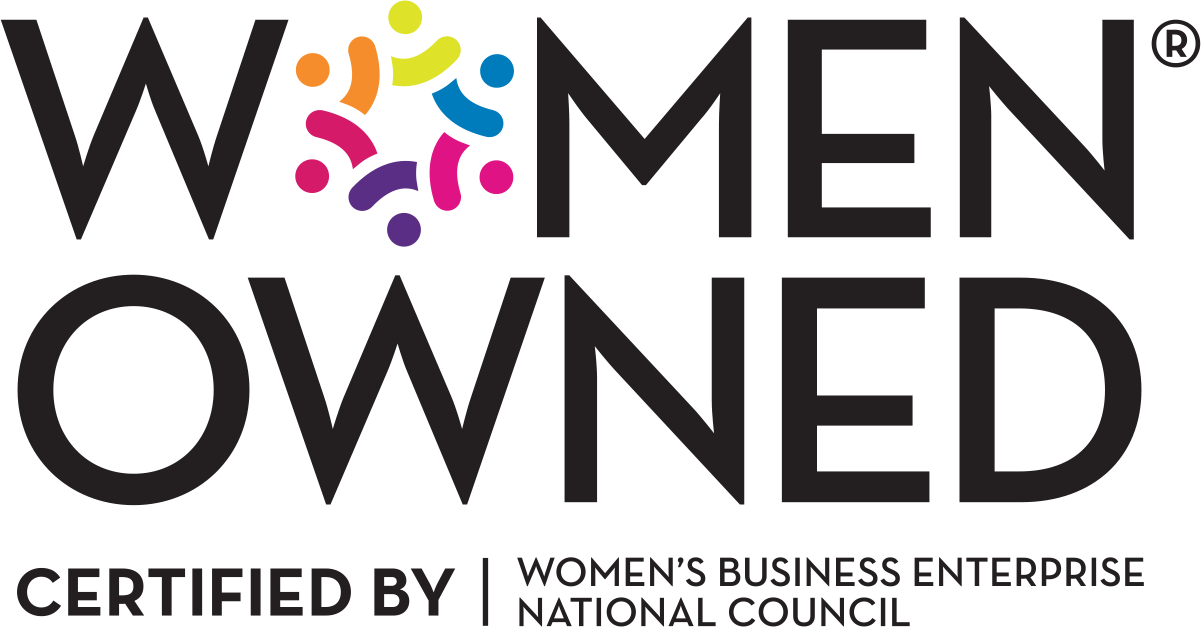Search engines use dozens of criteria to determine your website’s relevancy for a particular search term or phrase, and your on-page content is among the most important. It’s crucial that each and every page on your site has unique copy containing the keywords and phrases users are looking for, as well as meaningful, relevant content. This provides your visitors with a deeper, more informative experience and shows the search engines that your site is well-maintained and populated with relevant content.
It’s tempting to just copy and paste generic text for your “about us” page or to use the same titles and descriptions on multiple pages, particularly when they are almost identical in terms of content, but you’re doing yourself (and your visitors) a disservice. Put another way: If you can’t come up with something unique and relevant to say on a particular web page, does that page really need to exist?
The Devil’s in the Meta Data
This practice should also extend to your site’s meta tags. Each page on your site should have a unique title, description and H1 tag, as well as some unique, relevant keywords. Here’s why:
- Title and H1 tags are similar in theory but have different functions. Your page title appears in the browser’s title bar and conveys the message of your web page. H1 tags are similar, but they are found in the code, not on the web page. Search engines take both into consideration.
- Meta keywords are what people most often think of when they hear “SEO keywords.” They’re the terms and phrases describing the content on your page that are in your site’s code. Their relevance is debatable — search engines are a lot smarter than they used to be — but including them won’t hurt.
- Page description, your meta description tag, is crucial when it comes to the search engine results page (SERP). It appears beneath your page title and gives users a brief description of the content on your page, letting searchers know exactly what they can expect when they visit it.
But It’s Still All About the Content
You can have the greatest meta tags, titles and descriptions, but your traffic will remain flat if you don’t continually update it with fresh, engaging content on a regular basis. That rule applies to the entirety of your site, not just the home page. Don’t wait for a change in leadership to review your executive bios or “about us” copy. If you have a news section, keep it current. Don’t rely on press releases. Announce new team members, new locations and new products. Promote events. Your efforts will be rewarded by search engines and visitors alike.


Recent Comments